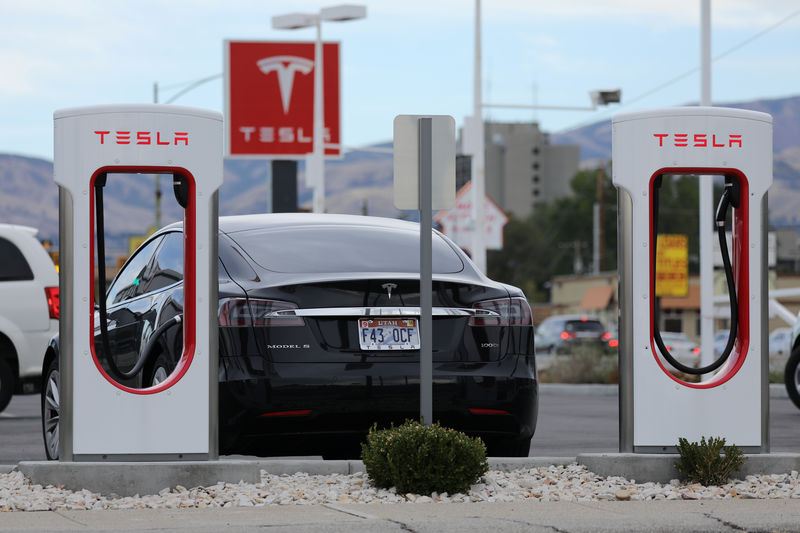Tesla (NASDAQ:TSLA) is again confronted with a class action lawsuit for limiting the battery capacity inside its vehicles through a software update. A group of U.S. Tesla Model S and Model X owners filed a proposed class-action lawsuit against the electric vehicle manufacturer on Friday claiming the company’s automatic software updates allegedly resulted in reduced driving range or even battery malfunctions.
Back in 2019, there were several reports from Tesla owners claiming significant drops in a range from 12 to 30 miles following a software update. The charging speed was also greatly affected. The owners took the automaker to court and won. Tesla reestablished most of the battery capacity, agreed to pay $1.9 million to settle claims and awarded each owner $625.
Now, it seems history is repeating itself.
This latest lawsuit, filed in the U.S. District Court in San Francisco, argues impacted Tesla vehicles are “protected computers” under the definition outlined in the Computer Fraud and Abuse Act, and that automatic updates violate consumers’ rights under the law.
The lawsuit claims Tesla’s updates and their effects violate state and federal laws because they can cut driving range by up to 20% and can require some owners to replace batteries at a cost of $15,000.
"Tesla owners and lessors are uniquely at the mercy of the maker of their cars, and Tesla imposes software updates without consent whenever their vehicle is connected to Wi-Fi,” said Steve Berman, an attorney with Hagens Berman representing Tesla owners and lessors in the lawsuit.
According to the lawsuit, certain Tesla owners have reportedly paid third-party entities between $500 and $750 to reverse the battery-related software updates.
Shares of TSLA are trading down 0.91% Monday morning.
